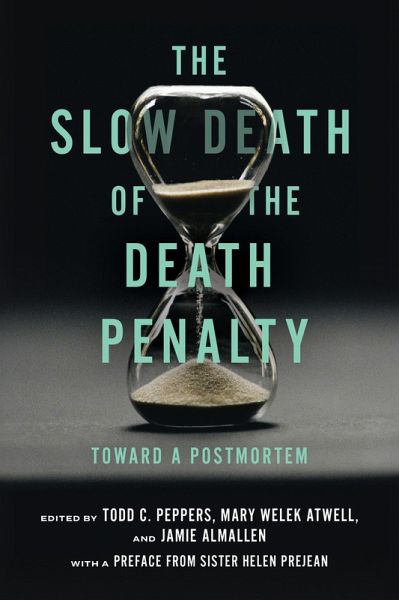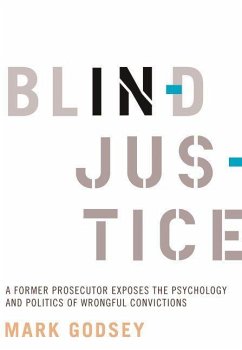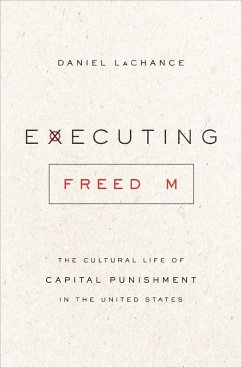
The Slow Death of the Death Penalty (eBook, ePUB)
Toward a Postmortem
Redaktion: Peppers, Todd C.; Atwell, Mary Welek; Almallen, Jamie
Versandkostenfrei!
Sofort per Download lieferbar
25,95 €
inkl. MwSt.
Weitere Ausgaben:

PAYBACK Punkte
13 °P sammeln!
Why the death penalty is in decline across the United StatesAcross the country, the death penalty is dying. Twenty-two states have abandoned state-sanctioned executions, including nine in the last fifteen years. Of the twenty-eight states that still have the death penalty, eight have not had an execution in over a decade. And public support for the death penalty has declined from 80% of the surveyed population in the early 1990s to approximately 50% today.As the death penalty slowly withers away, Todd C. Peppers, Jamie Almallen, and Mary Welek Atwell bring together a number of distinguished de...
Why the death penalty is in decline across the United States
Across the country, the death penalty is dying. Twenty-two states have abandoned state-sanctioned executions, including nine in the last fifteen years. Of the twenty-eight states that still have the death penalty, eight have not had an execution in over a decade. And public support for the death penalty has declined from 80% of the surveyed population in the early 1990s to approximately 50% today.
As the death penalty slowly withers away, Todd C. Peppers, Jamie Almallen, and Mary Welek Atwell bring together a number of distinguished death-penalty scholars, activists, and attorneys to take an accounting of the damage inflicted by the machinery of death. Contributors to the book point to a range of different pathologies which have caused politicians and voters to turn against capital punishment, from unacceptable rates of false convictions and racially motivated prosecutions, to a clemency process poisoned by political factors.
Essay topics include various dimensions of the death penalty, including racial and gender bias; economic costs; the conviction of juveniles, the mentally ill, and the factually innocent; Supreme Court decisions; and the failure of the death penalty to serve as a deterrent against crime. This important volume is an up-to-date accounting of the current state and, as the contributors argue, the future demise of the death penalty.
Across the country, the death penalty is dying. Twenty-two states have abandoned state-sanctioned executions, including nine in the last fifteen years. Of the twenty-eight states that still have the death penalty, eight have not had an execution in over a decade. And public support for the death penalty has declined from 80% of the surveyed population in the early 1990s to approximately 50% today.
As the death penalty slowly withers away, Todd C. Peppers, Jamie Almallen, and Mary Welek Atwell bring together a number of distinguished death-penalty scholars, activists, and attorneys to take an accounting of the damage inflicted by the machinery of death. Contributors to the book point to a range of different pathologies which have caused politicians and voters to turn against capital punishment, from unacceptable rates of false convictions and racially motivated prosecutions, to a clemency process poisoned by political factors.
Essay topics include various dimensions of the death penalty, including racial and gender bias; economic costs; the conviction of juveniles, the mentally ill, and the factually innocent; Supreme Court decisions; and the failure of the death penalty to serve as a deterrent against crime. This important volume is an up-to-date accounting of the current state and, as the contributors argue, the future demise of the death penalty.
Dieser Download kann aus rechtlichen Gründen nur mit Rechnungsadresse in A, D ausgeliefert werden.













